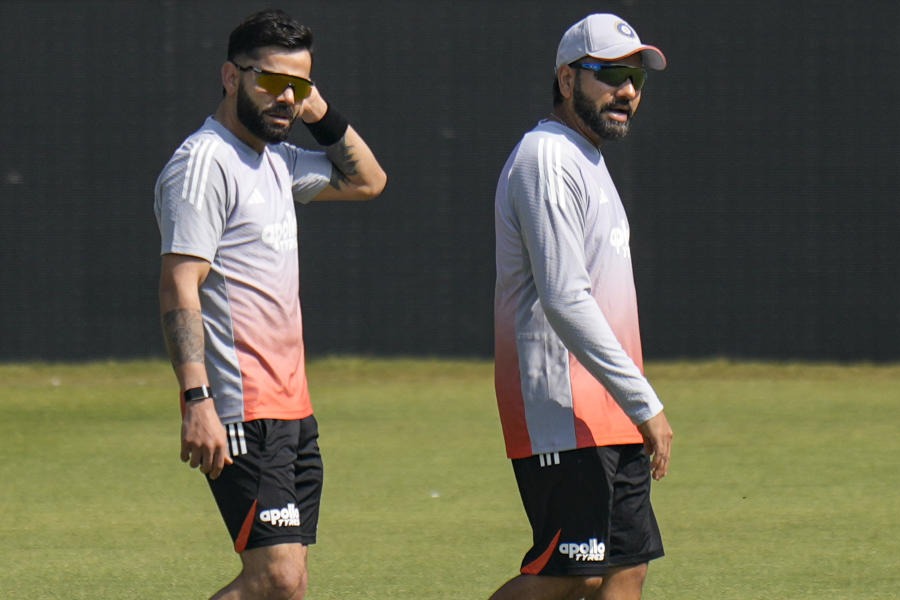 |
I was born to a Muslim mother and a Hindu father and the amalgam of cultures that I was surrounded with in my growing years proved to be a crucial influence in my life. This was further enhanced by the fact that I studied in a Christian missionary school, which also helped to shape my personality.
I wasn’t a very good student but I realised soon enough that I was a good storyteller and that my future lay in that direction. So, at the age of 21, I turned to filmmaking. I made a debut as a director with the film Sakat in 1970. It was a disastrous start. Disappointed, I took refuge in drugs like LSD and after this turned spiritual to seek enlightenment.
In my late 20s, my life took yet another turn — and this time for the better. I encountered an extraordinary man whose influence actually hurled me back into the real world. Meeting UG Krishnamurti — philosopher, thinker and sage — was a major event in my life and the most important turning point for me. He wasn’t a godman as he debunked the very idea of god. He infused a new vigour and vitality in my entire being. My relationship with him is the lifeblood of my personality and I went on to author a book, A Taste of Life: The Last Days of U.G. Krishnamurti that chronicles my relationship with him.
After a long journey through a wasteland I came up with my film Arth (1982) — a replay of my own life. Over the years I’ve made films that have tagged me as an autobiographical filmmaker.
Right now I am heading a company called Vishesh Films as its chairman and creative head. My latest projects include the film Chandu as well as a play called The Last Salute. In both films I am introducing a new actor, Imran Zahid. I am also writing my fourth book which throws light on the Indian entertainment industry.
(As told to Lubna Salim)










